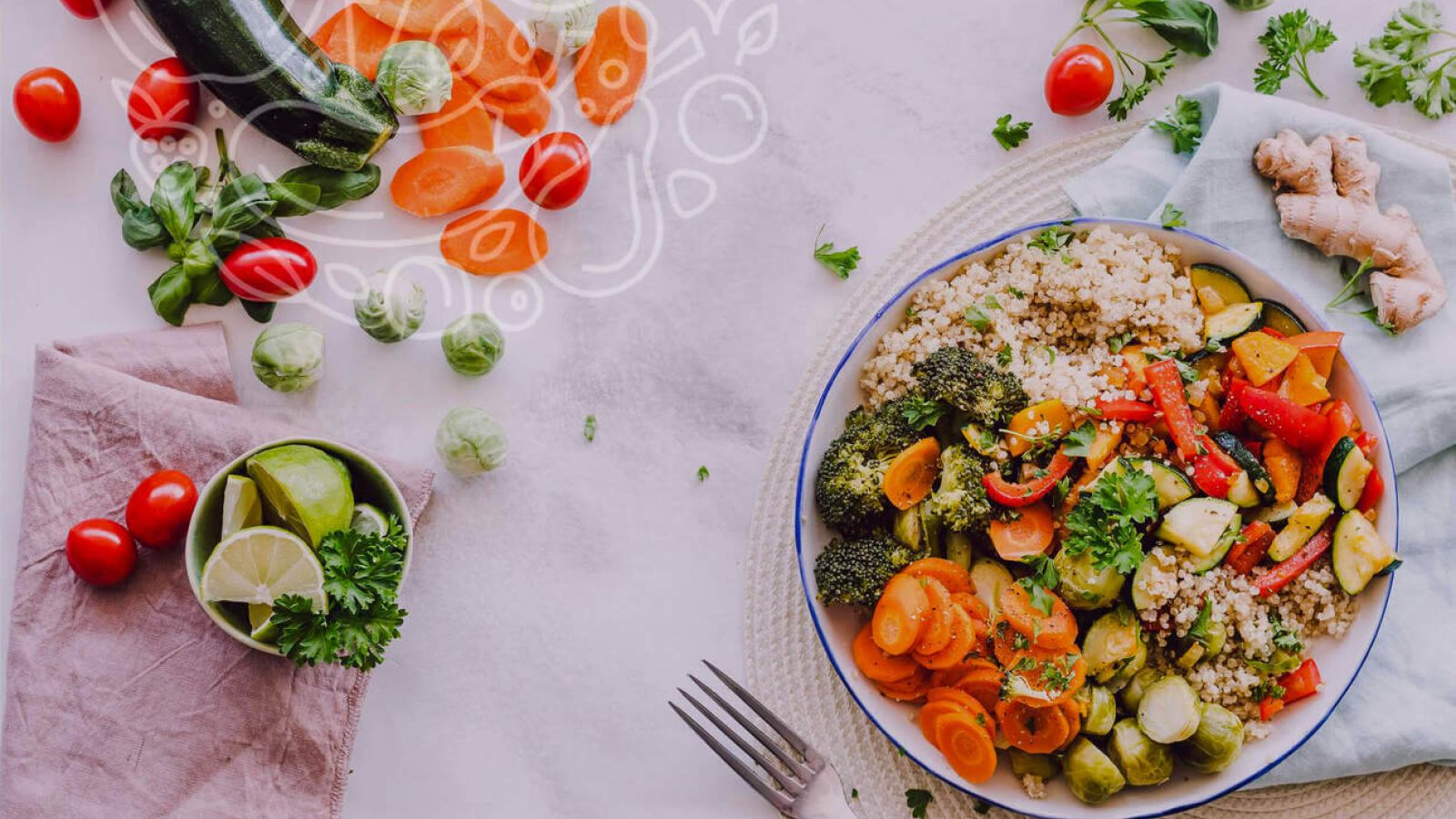
Phytonutrients and your health
Phytonutrients are plant-based compounds that help protect your body from diseases. They provide anti-inflammatory and immune-boosting benefits, even though they don’t supply energy like carbs, proteins, or fats.
Phytonutrients are part of our daily diet. They are found in vegetables, fruit, potatoes, pulses, nuts and wholegrain products and give plant-based foods their color and aroma.
In contrast to the primary nutrients – carbohydrates, proteins and fats – phytonutrients do not provide energy, have no nutrient function and are not essential for life. They are usually only found in small quantities in certain plant foods and act more like medicines.
Characteristics of phytonutrients
- Diverse compounds: They come in various chemical forms
- Colors, odors, flavors: They give fruits and veggies their unique hues and aroma
- Not essential but helpful: You don’t need them to survive, but they promote better health
- Tiny amounts, big impact: Your daily intake is about 0-3 grams.
Phytonutrients Superstars: Carotenoids and Anthocyanins
Carotenoids are antioxidants found in carrots, pumpkins, apricots and tomatoes, among others. These antioxidants help prevent cell damage and may protect against cancer and heart disease.
Anthocyanins belong to the group of polyphenols and give blueberries, cherries, red grapes, radicchio and eggplants their vibrant colors. They help reduce inflammation and act as antioxidants.
Phytonutrients: Plant power for better health
The health benefits of phytonutrients are varied. There is now evidence that they help reduce the risk of developing cancer, lower cholesterol levels and blood pressure, improve the function of blood vessels and normalize blood sugar levels.
They are also said to protect against harmful oxidation, strengthen the immune system, inhibit inflammation and have an antibacterial effect. Phytonutrients are true all-rounders, as they are usually effective in several ways.
Phytonutrients during pregnancy
During pregnancy, it is particularly important that you and your baby get everything you need. This means vitamins, minerals, trace elements, phytonutrients, fatty acids, fiber and a balanced amount of energy from carbohydrates, protein and fat.
We recommend eating lots of colorful fruits and veggies as well as legumes, nuts and whole grains to ensure a good supply of phytonutrients during pregnancy.
Optimize your phytonutrient intake
- Five a day: Aim for five servings of fruits and veggies daily (about 600g)
- Mix it up: Eat a variety of produce, legumes, and nuts
- Rainbow diet: Include foods of different colors (e.g., berries in summer)
- Enjoy some foods raw and cooked for their best benefits (e.g., carrots).








